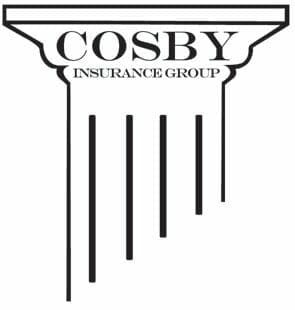Published in Health Economics, 14 Aug 2013
Despite growing adoption of pay-for-performance (P4P) programs in health care, there is remarkably little evidence on the cost-effectiveness of such schemes. We review the limited number of previous studies and critique the frameworks adopted and the narrow range of costs and outcomes considered, before proposing a new more comprehensive framework, which we apply to the first P4P scheme introduced for hospitals in England.
We emphasize that evaluations of cost-effectiveness need to consider who the residual claimant is on any cost savings, the possibility of positive and negative spillovers, and whether performance improvement is a transitory or investment activity.
Our application to the Advancing Quality initiative demonstrates that the incentive payments represented less than half of the £13m total programme costs. By generating approximately 5200 quality-adjusted life years and £4.4m of savings in reduced length of stay, we find that the program was a cost-effective use of resources in its first 18 months.
Read the full report here.
Contact Steven Cosby with questions or to request more information and to schedule a healthcare plan evaluation, savings analysis or group plan solution for your company.
[contact-form subject=’Website inquiry’][contact-field label=’Name’ type=’name’ required=’1’/][contact-field label=’Email’ type=’email’ required=’1’/][contact-field label=’Company Name’ type=’text’ required=’1’/][contact-field label=’Comment’ type=’textarea’ required=’1’/][/contact-form]

